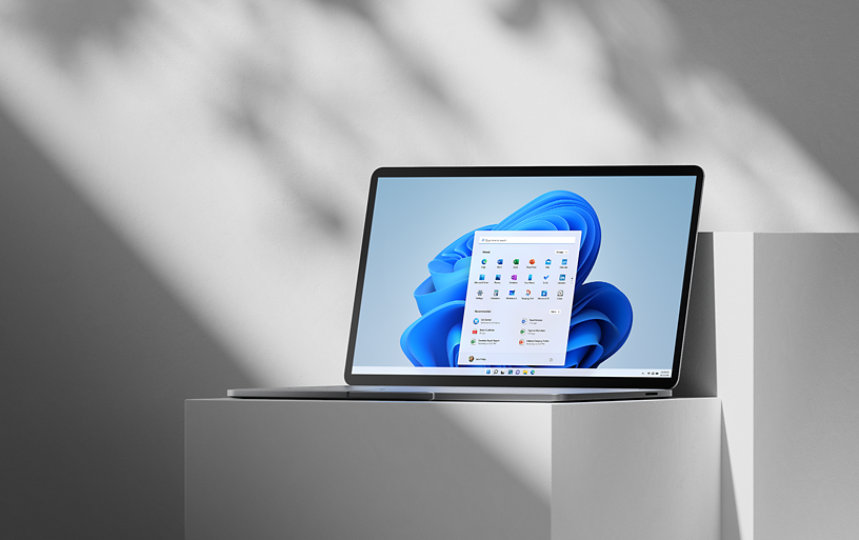Slide %{start} of %{total}. %{slideTitle}

Microsoft Edge
World-class performance with more privacy, more productivity, and more value while you browse.

Bring the world closer with Bing Wallpaper
Download the free app and enjoy breathtaking views with a new background each day.

Outlook for iOS and Android
Connect. Organize. Get things done.

Microsoft OneDrive
Save your files and photos to OneDrive and access them from any device, anywhere.
For business

Visual Studio 2022
Get the most comprehensive IDE for .NET and C++ developers on Windows for building web, cloud, desktop, mobile apps, services, and games.

Welcome to your Windows 365 Cloud PC
Securely stream your Windows experience from the Microsoft cloud to any device.

Get Microsoft Teams for your business
Online meetings, chat, real-time collaboration, and shared cloud storage – all in one place.

Empower people and teams with Microsoft Viva
Bring together connection, purpose, insight, and growth with the first employee experience platform built for the hybrid era



Follow Microsoft